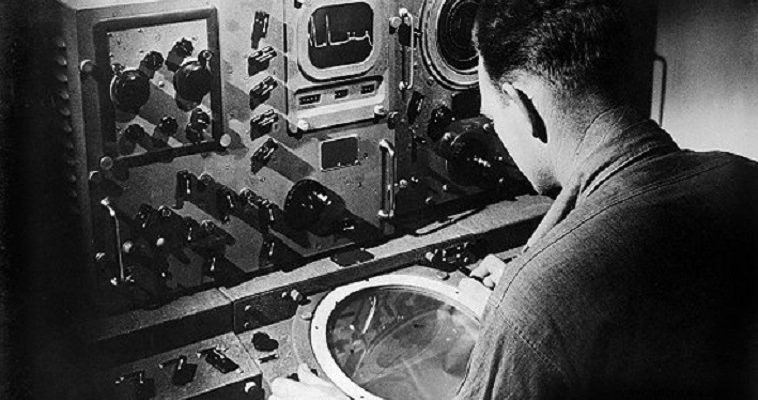
Radar is a British invention. However, few people know that even small Greece had attempted in this field. Experiments using radio waves had begun since the end of the 19th century. they intensified during World War I and especially on the eve of World War II.
General Konstantinos Bakopoulos , commander of the Eastern Macedonian Army Department in 1941, states in his book "The Hostage of the Five Vice-Generals" (Athens 1948) states thatin September 1936 he was submitted to the Air Defense Command, of which he was the head, memorandum of the professor of Applied Physicist Pavlou Santorini "on a method of detecting enemy airplanes by means of electromagnetic waves".
Bakopoulos submitted the memorandum to the GES which naturally showed interest. A committee was even established consisting of University and Polytechnic professors Gounarakis, Sarropoulos, Chondros, Athanasiadis and Captain Pezopoulos, Major Kourkoulias and Admiral Averof.
The committee concluded that scientifically the proposed method was correct. Thus, a control and testing committee was set up, of which Bakopoulos himself was the chairman. To carry out the tests, however, the construction of the necessary devices was required. In Greece, however, there were no necessary components and especially special lamps.
Bakopoulos mentions characteristically:"Secret Protocol Number 44/19-9.1936- To the GES "...Given that the verification of the study in question will seriously facilitate the solution of the problem of detection from the air from long distances with little expense internally and with a few personnel, we submit the opinion as you order the formation of a committee of experts, not only military but also university and polytechnic professors... Bakopoulos, lieutenant general".
Then it was decided that Santorini should go to Europe in search of the lights. Indeed, the lamps were found and then tests began at the Paleo Faliro airbase. The tests lasted almost until the end of 1939. The results were "quite satisfactory", as Bakopoulos reports, and it became possible to locate an aircraft from a distance of up to 150 km with the Santorini microwave radar.
The lack of means, however, did not allow further progress. Bakopoulos reports that both the British, the Yugoslavs and the Romanians have shown interest in the project. Whether and to what extent the Santorini radar influenced the development of radar is a question that is not easy to answer.
Obviously his research should also be taken into account. As it is, the attempt to develop a Greek radar system, which would have enormous benefits for the country's war effort, ended in disgrace.
